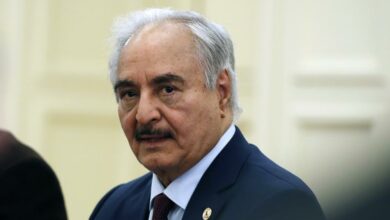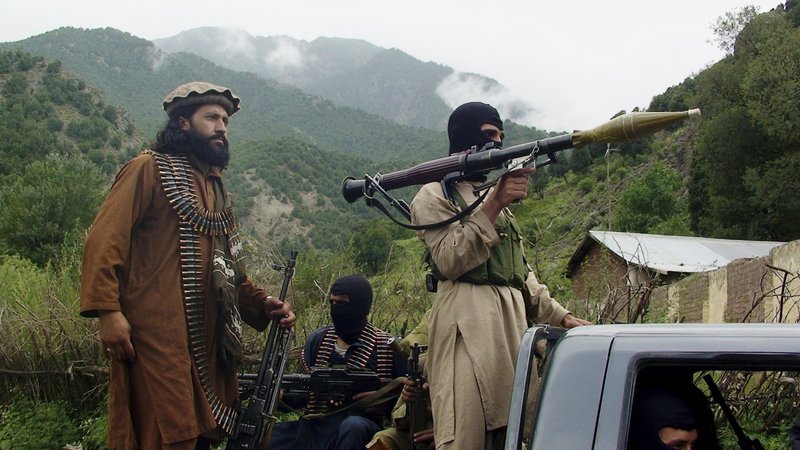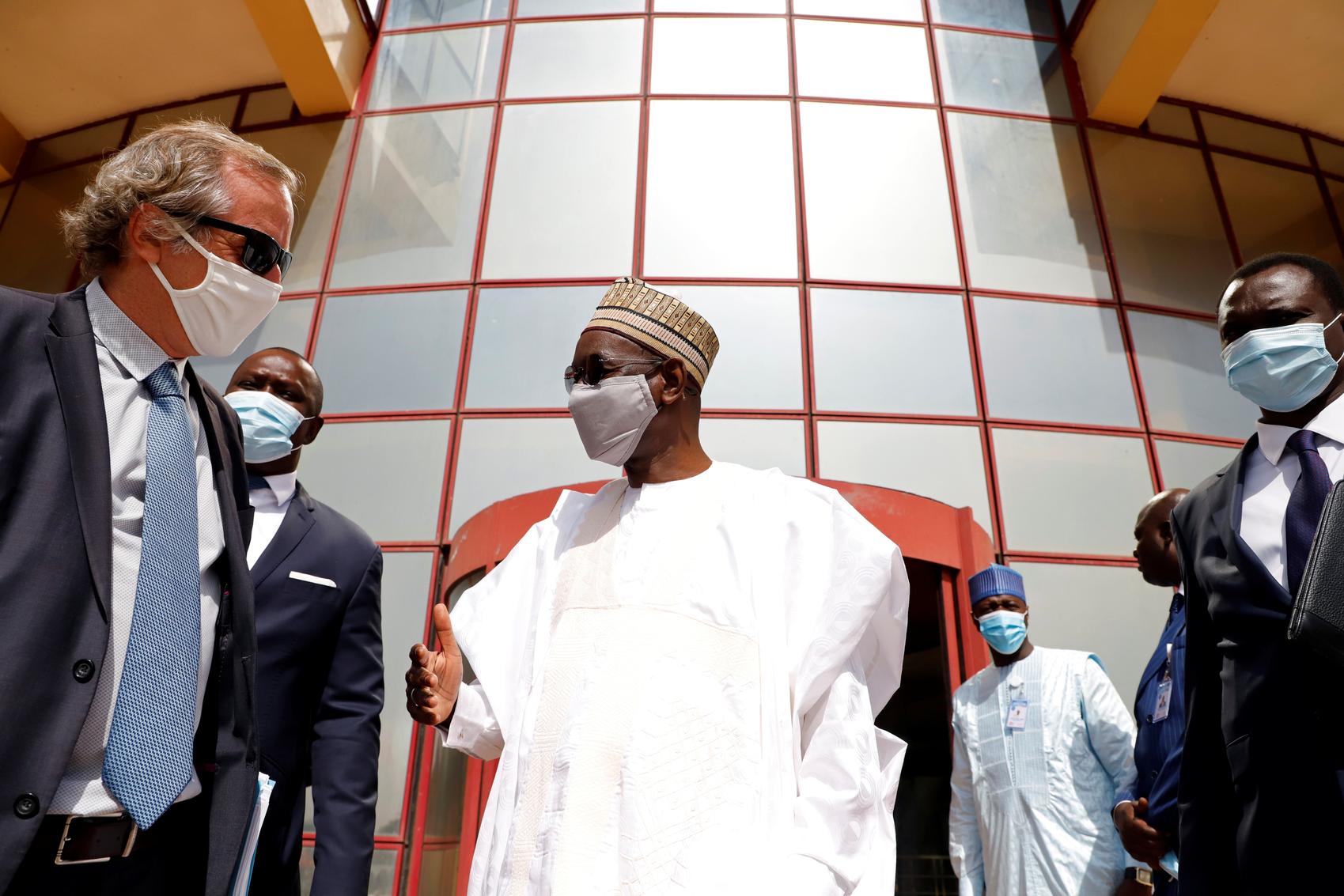Defeated presidential candidates and political parties plan to issue a consensus document Wednesday articulating the demands of what they call the “wide secular current,” which wants a civil state, not candidates representing Islamism or the Mubarak regime.
Liberal political figures met Monday at the headquarters of the Egyptian Social Democratic Party to reach an agreement on the document.
On Monday, the Presidential Elections Commission announced the final results of the first round of the presidential election, which was held last Wednesday and Thursday. Muslim Brotherhood candidate Mohamed Morsy came in first with 24.7 percent of the vote, followed by former Prime Minister Ahmed Shafiq with 23.6 percent.
The outcome represents a difficult choice for secular-oriented voters in the runoff stage slated for 16 and 17 June. They will have to choose between Morsy, who represents a group repeatedly criticized by secular forces for various reasons since the military assumed power early last year, and Shafiq, whose stunning election success has rattled many who believe his candidacy would mark a return to the regime of Hosni Mubarak.
Defeated presidential candidates who attended the meeting included career diplomat Amr Moussa and leftist lawyer Khaled Ali.
Others included National Association for Change chief coordinator Abdel Galil Mostafa, Lawyers Syndicate head Sameh Ashour and constitutional expert Mohamed Nour Farahat, former Finance Minister Hazem al-Beblawy and Cairo University political science professor Hassan Nafaa.
Ghad al-Thawra Party founder Ayman Nour, Free Egyptians Party head Ahmed Saeed, Democratic Front Party head Saeed Kamel, Socialist Popular Alliance Party head Abdel Ghaffar Shokr, and Adl Party senior member Khaled Hall also attended.
Mohamed Abul Ghar, head of the Egyptian Social Democratic Party, said all secular parties took part in the meeting. He said the participants discussed the existence of a secular current that represents a majority in the street but failed to reach the presidential runoff.
Abul Ghar explained that the coming document would voice the demands of that current to Egypt’s next rulers, and that communication with the coming regime would go through a panel composed of Shokr, Ali and Hall.
He said participants agreed to form a panel that would set standards for the election of the body that will draft Egypt’s new constitution, and also propose some fundamental articles related to freedom of religion and opinion that should be included.
Abul Ghar clarified that if either of the two runoff candidates back the document, it does not necessarily mean that the political coalition would support him.
Ashour said the document stresses the demands of the secular current, which he said would have made it to the runoff had secular-minded voters not split their votes between several candidates.
The convening political forces also demanded the formation of a presidential team to be announced before the runoff, the acknowledgement of Egypt’s identity as a civil rather than religious or military state, and acknowledgement of people’s right to revolt should any of those principles be violated.
Hamdeen Sabbahi, a Nasserist candidate who placed third in the first round, said on Twitter Monday that he intends to convene with revolutionary activists and national figures soon to discuss “the next steps,” but did not clarify the date of the meeting or the topics to be discussed.
Sabbahi said he would invite former International Atomic Energy Agency chief Mohamed ElBaradei to the meeting, as well as former presidential candidates Abdel Moneim Abouel Fotouh, Khaled Ali, Hesham al-Bastawisi and Abul Ezz al-Hariry.
Edited translation from Al-Masry Al-Youm




